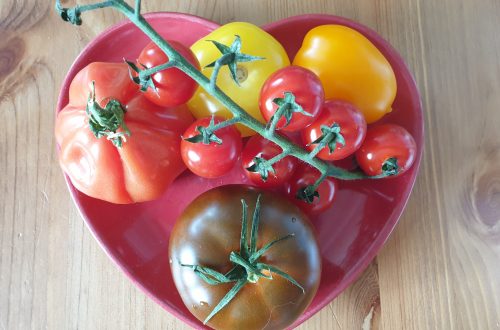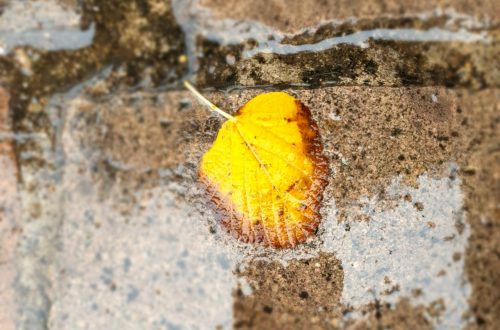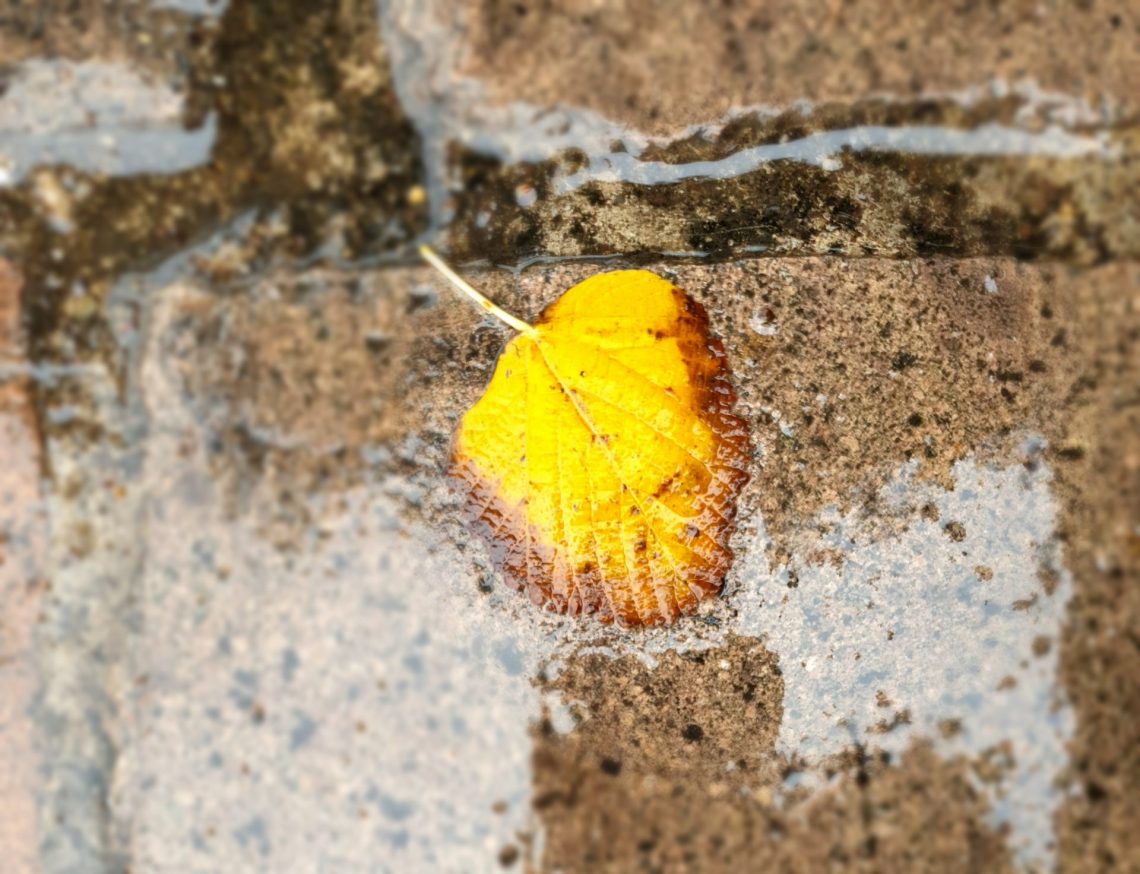-
Polish to Begin with: Lesson 30 (Lockdown)
So what you can do when in lockdown… learn languages obviously! In this corona-chaotic podcast we try to talk about some things you can and can’t do in lockdown. And as it happens in lockdown, the plan was great – revise your verbs, practise present tense, see how ‘można’, ‘trzeba’ and ‘wolno’ verbs work – but it all ended in chaos and giggles. They say Shakespeare wrote King Lear in lockdown. I bet he didn’t have a 6 years old daughter at the time. Oh, and our special guest is… Vocabulary tips: można – you are allowed, you can, one can trzeba – you have to, one must wolno –…
-
Polish to Begin with: Lesson 28 (Jesień)
If you want to talk about the weather in October, you might find these useful: prognoza pogody – weather forecast jesień – Autumn Jest zimno. – It’s cold. Pada deszcz. – It’s raining. Czasem świecie słońce. – Sometimes the sun is shining. Jest ładnie. – It’s nice. Wieje wiatr. – Wind is blowing. Now, this kind of weather is not going anywhere for a while so why don’t you try to think how to say the same things in future tense? And frankly, it was the same yesterday, wasn’t it? So think about past tense as well.
-
Polish to Begin with: Lesson 28 (Lat czy lata? Rok czy roku?)
Here are some more exercises to practise what you have learned from the last lesson. For some grammar commentary in English, go to our previous lesson Polish to Begin with: Lesson 27 (Old Family Pictures)
-
Polish to Begin with: Lesson 27 (Old Family Pictures)
In this podcast we are talking about some old photos and once more we discover that you should always write dates on your family pictures because no, you wil not remember where it was taken, how old the child was or even who it was (I swear, all babies in our family look the same on pictures). But back to grammar… As today we talk a lot about age, you might notice several fascinating language facts here. 1. In Polish we say: Mam 11 lat = I HAVE 11 years. (Like in French, Spanish and many other languages). 2. The noun ‘rok’ = year is especially interesting in Polish. In…
-
Polish to Begin with: Lesson 26 (plural forms of nouns and adjectives)
In short: if it’s a neuter noun then the ending in plural form is -a (1 piwo – 2 piwa)if it’s a masculine or feminine noun:– and the last consonant is -k- or -g- then the ending in plural form is -i (1 wódka – 2 wódki)– and the last consonant is ń, ni, sz, cz, rz/ż, l, j, c, dz, ś, ć or ź than the ending in plural form is -e (1 tokaj – 2 tokaje)– and the last consonant is any other letter then the ending in plural form is -y (1 miód – 2 miody) And here are examples.
-
Polish to Begin with: Lesson 25 (past tense)
Here is a short explaination of past tense in Polish. Wesołych Świąt, smacznego jajka i mokrego śmigusa-dyngusa!
-
Polish to Begin with: Lesson 24
Complain a bit about your health and get a nice sympathetic reaction from your Polish friends! Listen how to do it.
-
Polish to Begin with: Lesson 23 (New Year’s resolutions)
As it’s high time for New Year’s resolutions we talk a little about future tense in Polish.For imperfective verbs you need these forms to create future tense:będębędzieszbędziebędziemybędzieciebędą (And we are thinking about some nice way to make the transcripts available – just give us some time!)
-
Polish to Begin with: Lesson 22 (Weekend)
Today we talk about our weekend. It’s not very exciting, really. Actually, our weekends are quite boring. Surely yours are much more interesing, so tell us all about what you do on weekends… in Polish 🙂
-
Polish to Begin with: Lesson 21
Where you can learn all about Polish verbs in present tense.


